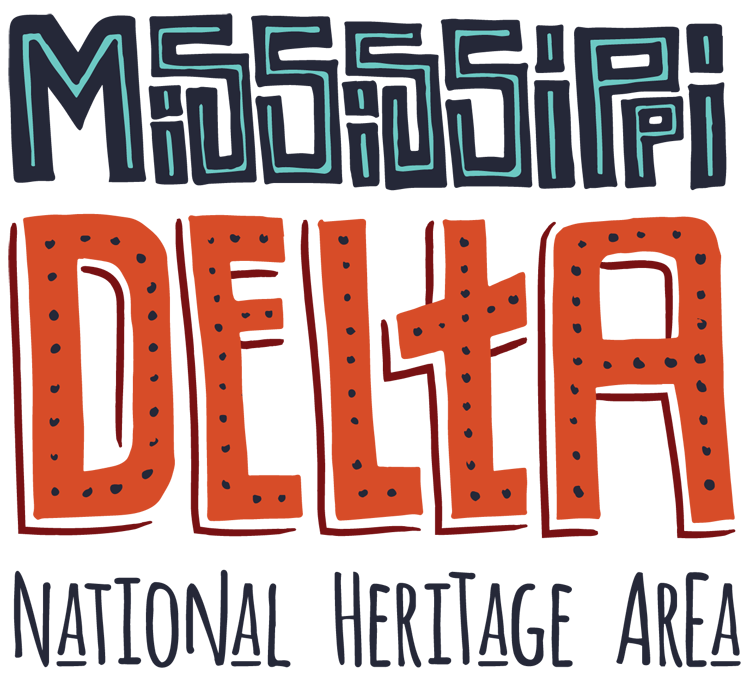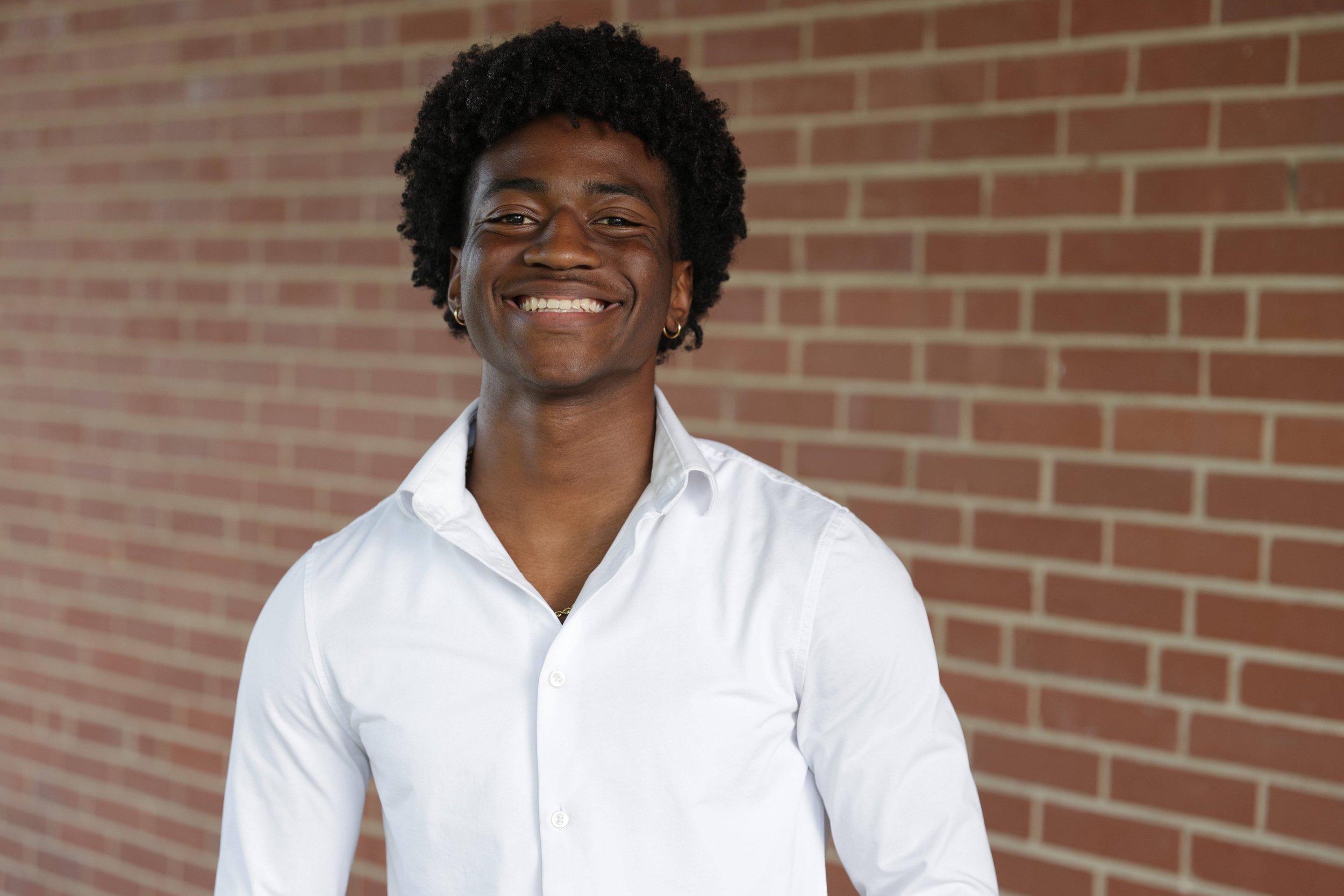Group photo in front of the Emmett Till statue in Greenwood, Mississippi with the MS Delta Cultural Heritage Ambassadors.
Transformational leadership is a term that has guided my collegiate experience so far as a Robertson Scholar. The Robertson Scholars Leadership Program, a full-ride scholarship program whose recipients are dually enrolled at Duke University and UNC Chapel Hill, prides itself on cultivating the next generation of changemakers and disrupters of systems that refuse to benefit marginalized communities. As I have worked this summer under Dr. Rolando Herts and the team at The Delta Center for Culture and Learning, I have assigned a new perspective and definition to transformational leadership.
My name is Jessica Johnson. I am originally from Columbia, Maryland, but I have lived in Charlotte, North Carolina, for most of my adolescent years. Whether I knew it or not as a child, storytelling has always been a part of who I am, so much so that I wrote my first screenplay at only eight years old. I vividly remember writing the story of a young girl who succumbed to the pressures of being silenced by the figures of authority that confined her. Of course, at only eight years old, this young girl was a princess, and these authoritative figures were the king and queen who ruled the land with an iron fist. However, little did I know that my screenplay’s predominant theme of overcoming story-silencing forces would grow into a personal passion for transformative storytelling that empowers marginalized communities. This passion would not only fuel my academic and career endeavors, but it would also guide my experience with The Delta Center.
In my short time here, I have observed a history of negative preconceived stigmas about the Mississippi Delta that create space for misjudgment. Taking time to listen to Mississippi Delta residents’ stories has allowed me to understand the culture of this region. Stories like those told by Mr. Charles Young, who grew up on a sharecropper plantation here. He shared stories about how watermelons were used as sustenance but are now at the center of stereotypes about Black culture. He painted the picture of sweat coating his skin as he labored across acres of land each day, picking cotton row by row. Mr. Young has passed down these stories to my generation, connecting the past to the present day and making his experiences painfully real.
Although I’ve had the opportunity to speak with other Black people like me in the Mississippi Delta, I have quickly realized that they have significantly different experiences than mine. Being part of a Black community with divergent experiences from my own presents a challenge worth exploring. Admittedly, accepting my place as an outsider hasn't been easy. However, asserting ownership of a story that is not wholly my own under the justification of “amplifying” voices of the Mississippi Delta is a form of leadership that is discordant to me. Working with communities such as Clarksdale and Cleveland has taught me that seeking change in storytelling, economic equity in tourism, and positive representation cannot begin with dismissing the stories of a people and telling them as our own. Instead, my experience working with The Delta Center has shown the need for agency within marginalized communities so that they can become leaders of their own storytelling.
The conversations and interactions I have experienced with these communities have proven that there is more to the people of the Delta than the hardships they face. While hardships often dominate the narrative about the region, a flourishing and vibrant ardor dwells within the Delta's atmosphere. My time here has fueled my ongoing work to tell stories through the lens of producing interpretive platforms that empower the people of the Delta. Moreover, I have come to understand that transformational leadership stems not from what you can do for a community but from what you can help a community do for itself.
















